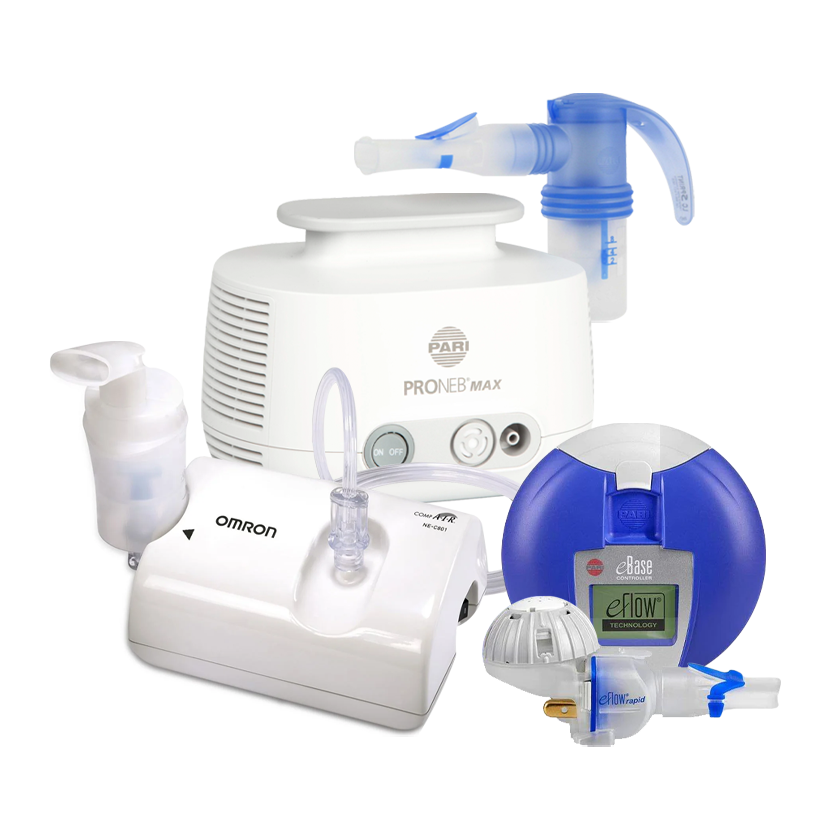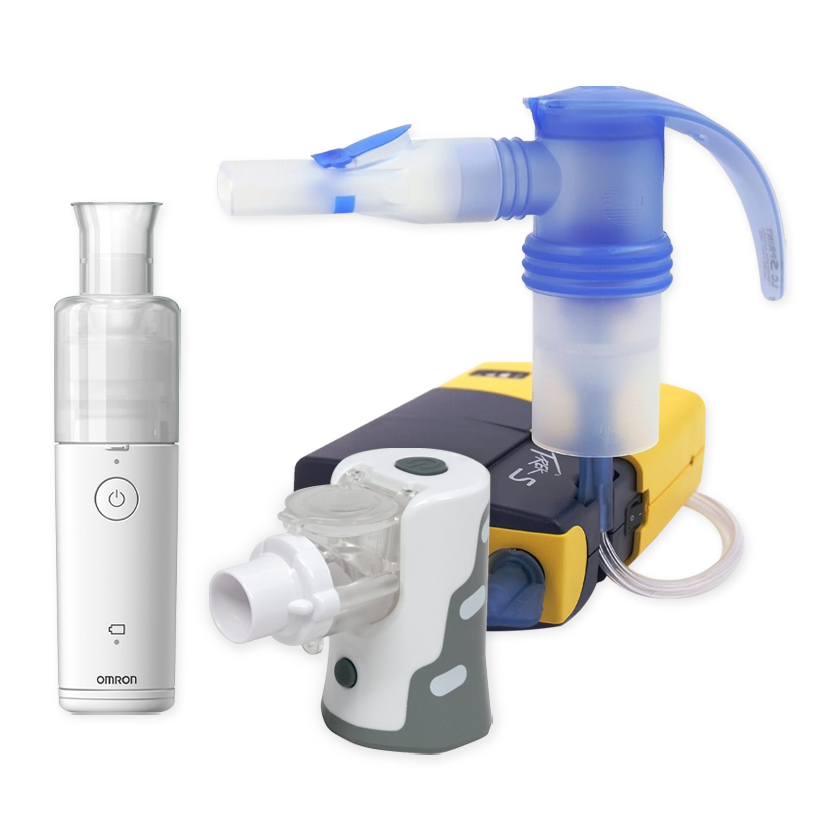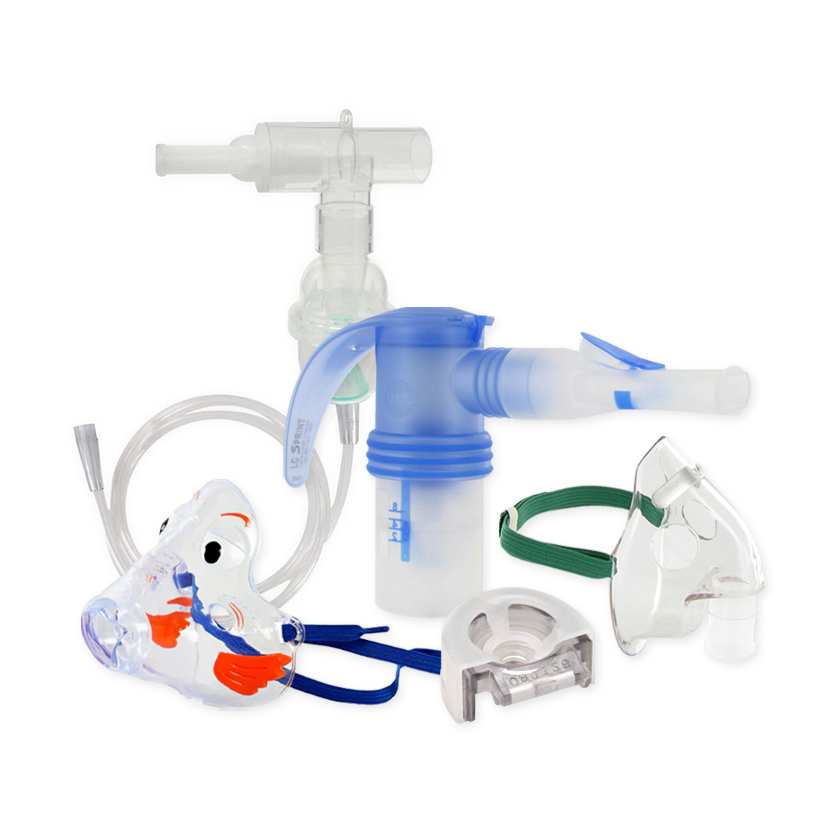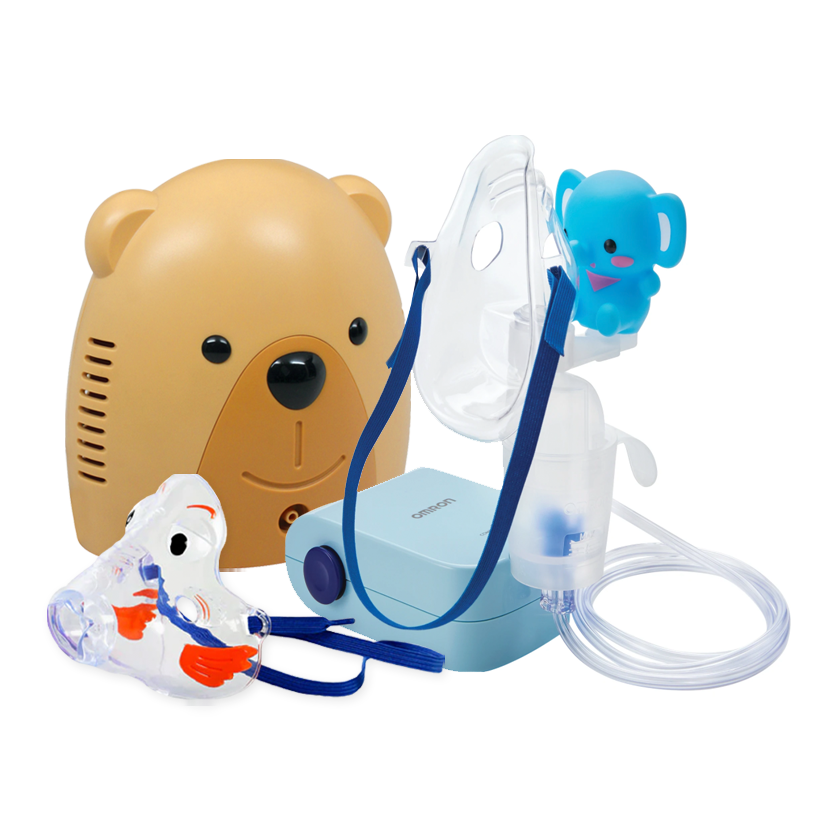Your Cart is Empty
Free Shipping on all orders over $75!
Menu

Free Shipping on all orders over $75!
Nebulizer Systems
Travel Nebulizers
Nebulizer Accessories
Just For Kids
Oxygen Supplies
Tips for Living with Asthma
April 13, 2012 2 min read
Living with asthma carries with it many difficulties. Fortunately, these challenges can be managed to help you and/or your child live an active, healthy lifestyle. The most basic step to better managing asthma begins with the development of an asthma action plan you should keep with you at all times. An asthma action plan keeps all your asthma related information in one place for easy reference to inform you when your asthma control begins to worsen.
Things to Include in an Asthma Action Plan:
- A list of all your known asthma triggers – things to avoid such as pollen, dust, dander, etc.
- Potential changes you can make to avoid your asthma triggers
- List your asthma medications that help you prevent/control your symptoms
- Record your optimum peak flow meter reading to compare that number to different days'; readings – informs you of how well your lungs are working
- Course of action in case you have an asthma attack
An accurate asthma action plan may take some time to create, but it ensures you won’t forget anything. It also informs others of your asthma related information in case you are unable to speak due to an emergency – potentially lifesaving as others can get you your medication. It's also very important to regularly discuss your asthma action plan with your doctor to keep it up to date and as effective as possible.
Other Tips for Better Breathing with Asthma:
- Avoid stressors in your life as they can lead to an asthma attack
- Tumble dry your pillow to kill dust mites (a common trigger)
- Get a flu vaccination each year
- Buy an air purifier to clean the air in your home
- Allergens make breathing harder – consider allergy shots to prevent seasonal allergies
- Use a peak flow meter often to keep track of your breathing
- Keep your nebulizer for home use accessible and clean, with all parts together
- Keep a portable nebulizer with you so you can take a treatment whenever necessary
By following these guidelines you will be on your way to better breathing. For safety, always consult your doctor when making changes to your current asthma action plan.
Subscribe
Sign up to get the latest on sales, new releases and more …
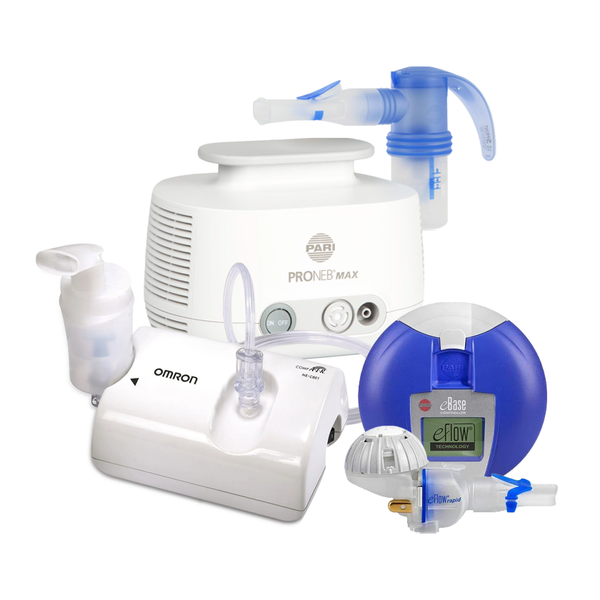
NEW CUSTOMERS SAVE $5 OFF YOUR FIRST PURCHASE OF $20 OR MORE
Code will be sent to email entered if applicable
SIGN UP FOR FUTURE SALES, NEW PRODUCTS AND ANNOUNCEMENTS
{"themeColor":"#061f77","iconColor":"#061f77","showLogo":true,"topBottomPosition":0,"rightLeftPosition":5,"iconSize":"large","iconCustomSize":64,"position":"middle-right"}
